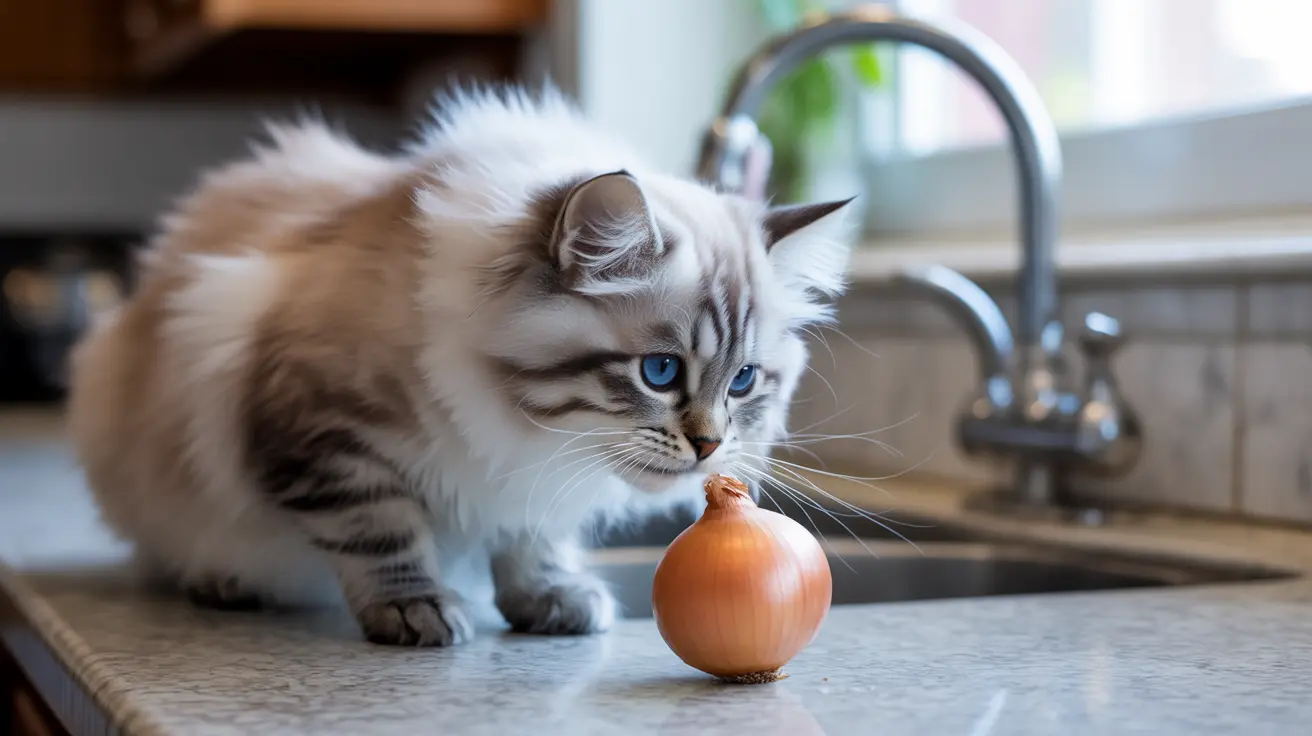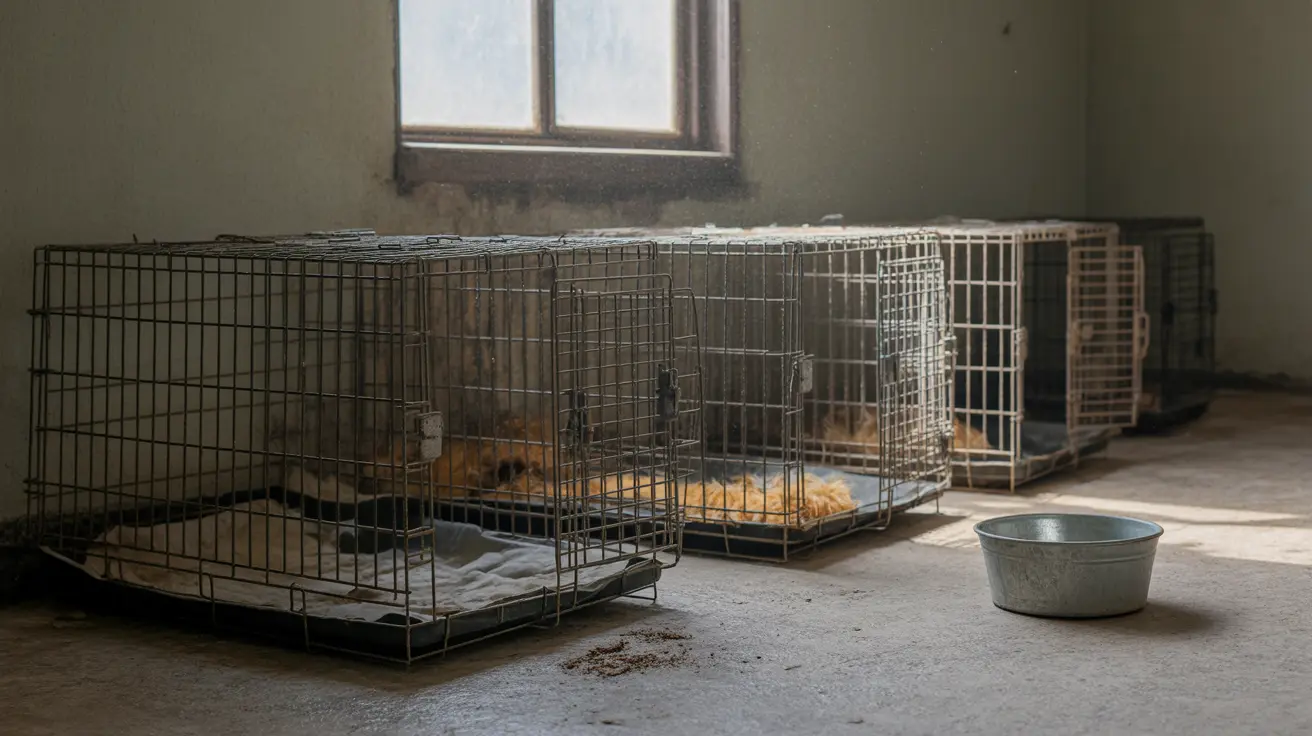Understanding the Dangers of Onions for Cats
Onions pose a serious health risk to cats, with potentially life-threatening consequences. Whether raw, cooked, powdered, or dehydrated, onions contain compounds that can cause severe damage to your cat's red blood cells, leading to dangerous complications.
As a responsible pet owner, it's crucial to understand why onions are toxic to cats and what to do if your feline friend accidentally consumes them. This comprehensive guide will explore the risks, symptoms, and necessary actions to take in case of onion ingestion.
Why Are Onions Toxic to Cats?
Onions contain a compound called n-propyl disulfide, which is particularly harmful to cats. This substance, along with other organosulfur compounds, attacks your cat's red blood cells, causing them to break down - a condition known as hemolytic anemia.
Even small amounts can be dangerous, as cats are especially sensitive to onion toxicity. Unlike some other toxic substances, cooking or processing onions doesn't eliminate their harmful effects.
Signs of Onion Poisoning in Cats
Watch for these warning signs if you suspect your cat has consumed onions:
- Lethargy and weakness
- Pale or yellowish gums
- Rapid breathing
- Loss of appetite
- Vomiting and diarrhea
- Dark-colored urine
- Collapse in severe cases
Immediate Actions After Onion Ingestion
If you know or suspect your cat has eaten onions:
- Don't wait for symptoms to appear
- Contact your veterinarian immediately
- Don't induce vomiting unless specifically instructed by a professional
- Take note of the amount and type of onion consumed
- Monitor your cat's behavior and symptoms
Treatment for Onion Poisoning
Veterinary treatment typically includes:
- Induced vomiting (if caught early)
- Activated charcoal administration
- IV fluid therapy
- Blood monitoring
- Oxygen therapy
- Possible blood transfusions in severe cases
Prevention Tips
To protect your cat from onion poisoning:
- Keep all onions and onion-containing foods securely stored
- Read ingredient labels carefully
- Never feed your cat table scraps
- Inform family members and guests about the dangers
- Keep trash containers sealed and secure
Frequently Asked Questions
Can cats eat onions in any form, such as raw, cooked, or powdered?
No, cats cannot safely consume onions in any form. All varieties and preparations of onions are toxic to cats, including raw, cooked, dried, and powdered forms.
What are the symptoms of onion poisoning in cats and how soon do they appear after ingestion?
Symptoms can appear within 12-24 hours and include vomiting, diarrhea, lethargy, pale gums, and weakness. Severe anemia may develop 2-5 days after ingestion.
How much onion is toxic to cats, and is onion powder more dangerous than fresh onion?
As little as 5 grams of onion per kilogram of body weight can be toxic. Onion powder is more concentrated and therefore more dangerous - even a small amount can cause serious harm.
What should I do if my cat accidentally eats onions or food containing onion powder?
Contact your veterinarian immediately, even if your cat shows no immediate symptoms. Don't wait or try home remedies, as prompt professional treatment is essential.
How is onion poisoning in cats treated by veterinarians, and can it be fatal without prompt care?
Treatment typically involves supportive care, including IV fluids, possible blood transfusions, and oxygen therapy. Without prompt treatment, onion poisoning can be fatal due to severe anemia and organ damage.
Final Thoughts
Understanding the serious nature of onion toxicity in cats is crucial for every pet owner. Always err on the side of caution and keep all onion products away from your feline companion. If exposure occurs, immediate veterinary care provides the best chance for a positive outcome.






